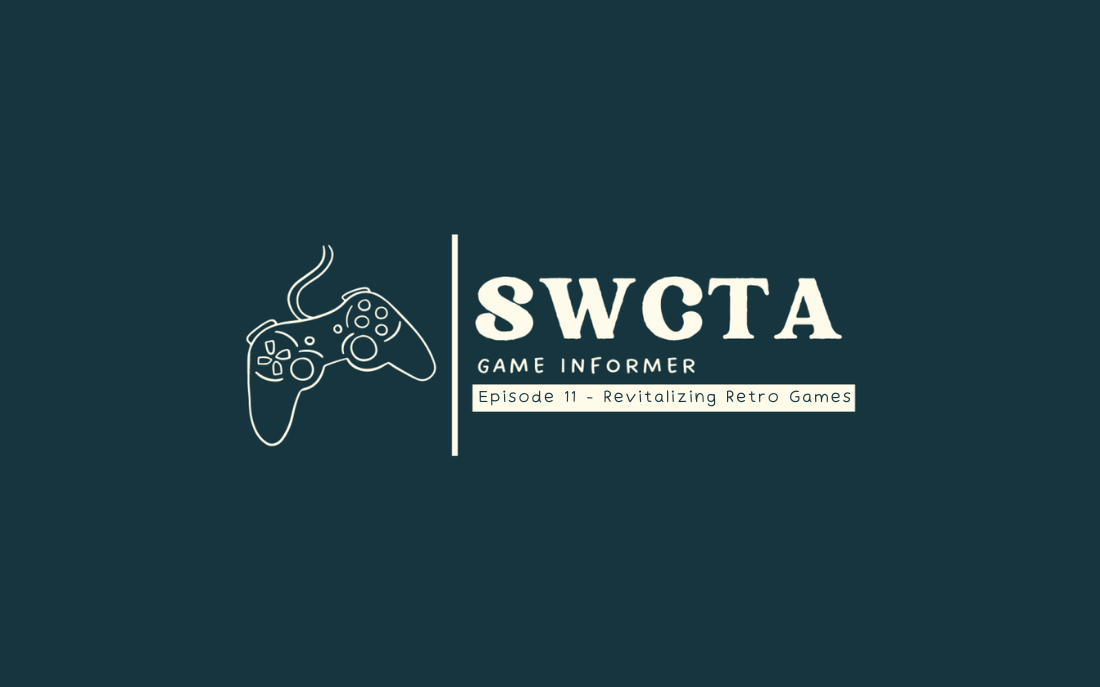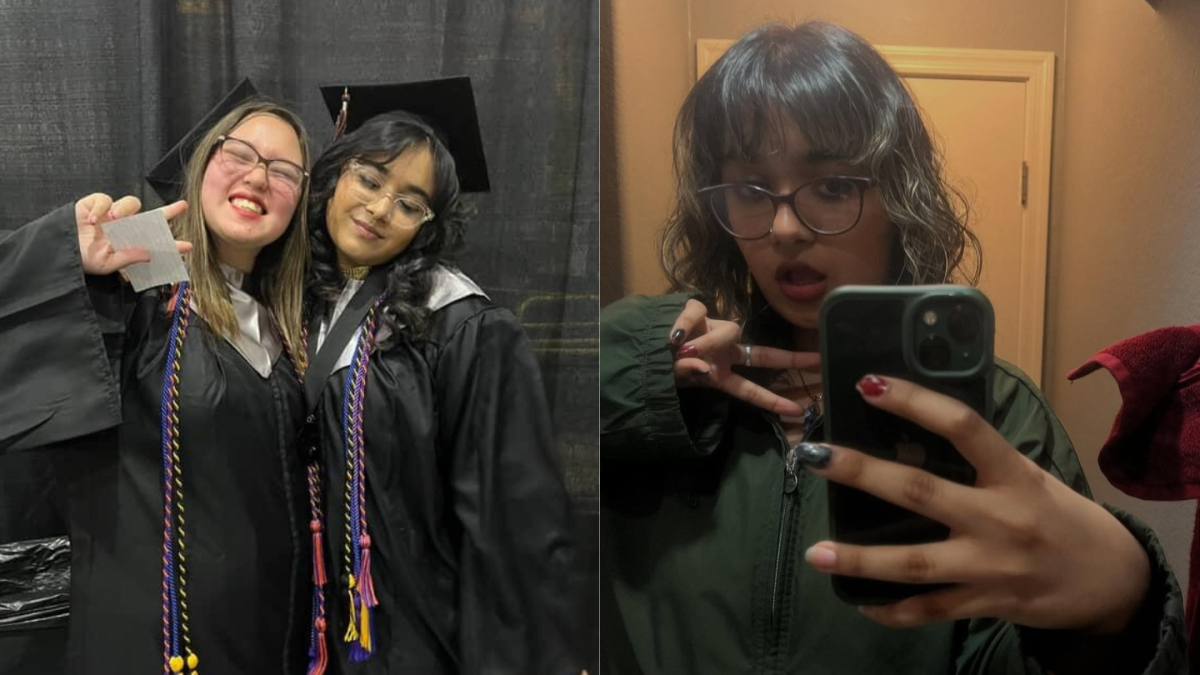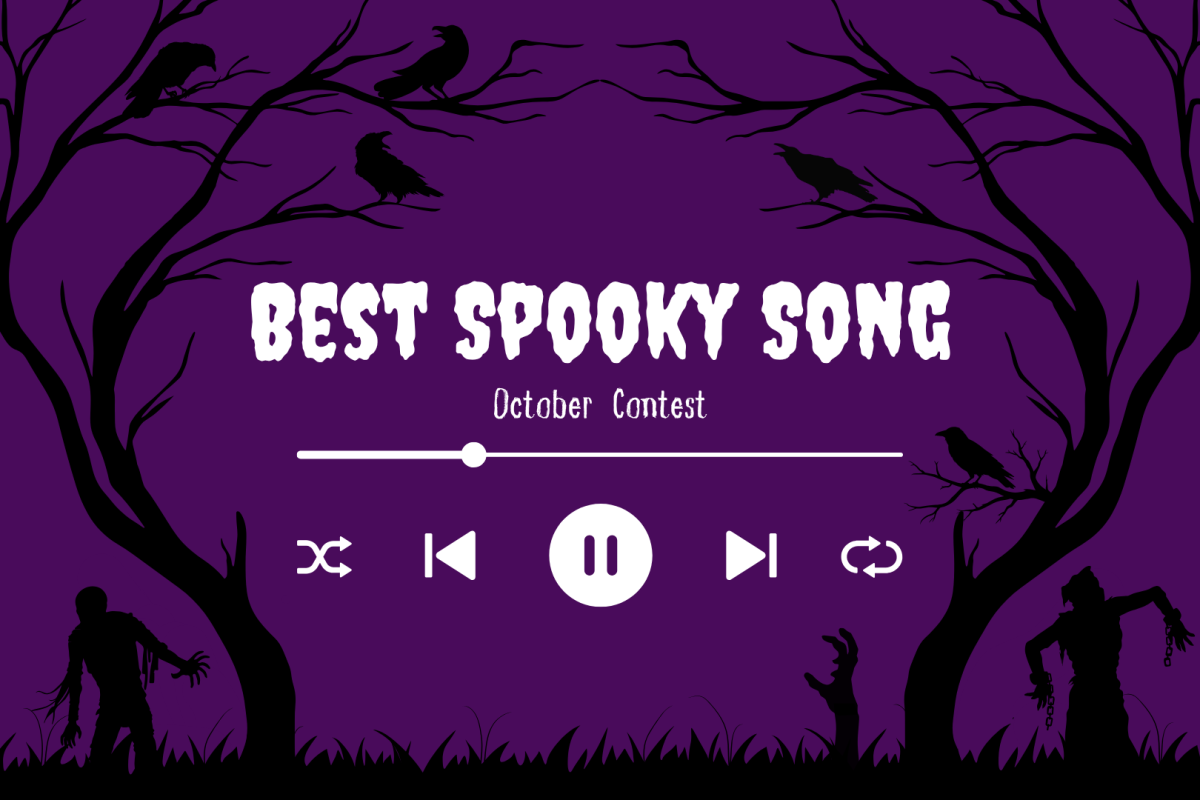AP Language students analyze President George W. Bush’s 9/11 speech
Speech was chosen to understand the purpose, intentions of language
Firefighters rush to the World Trade Center where the attack took place, helping anyone they can, and risking their lives to do so. Students in AP Lang are getting the opportunity to examine President George Bush and draw conclusions. “Bush’s speech changed nations, he presented a speech with faith in not just America, but gave faith in all of humanity to unify and make the world a better place. Changing the world isn’t easy, but I find it inspiring that Bush put in the effort to make the world great,” junior Michelle Nguyen said.
“World Trade Center 9/11/01 attack memorial photo” by cattias.photos is licensed under CC BY-NC-ND 2.0 .
September 19, 2020
AP Language students are analyzing rhetorical situations using President George W. Bush’s 9/11 speech by looking at the ways he engages his audience using rhetorical appeals and shared values to communicate his ideas.
“It’s all about how a writer develops trust with his or her audience and seeing how they develop logical reasoning behind a purpose,” Davis said.” “You wouldn’t trust a vegan talking about what animal’s meat is best for you, especially if they didn’t have facts and statistics to back it up.”
This assignment is meant to improve students’ analytical vocabulary and provide opportunities for practicing how to analyze the intentions of a writer and how it impacts an audience. These skills will be important going forward, as most assignments will need to be analyzed correctly using the proper terms.
“Words have the power to bring people together.” Davis said, “and I hope the students see that language is an important way that we bring people together and unify against common problems.”
Davis chose Bush’s speech because of how much Davis can deeply relate to the tragedy. One of his friends, a foreign language teacher at Palo Verde, Barbra Edwards, died in the plane crash; the plane that was heading towards the Pentagon.
“It was one of those things that I will never forget.” Davis said. “I remember being in my prep period and I was being told to turn on the TV in my room because ‘the world was ending’ and I was seeing the whole thing unfold on the news, and then later I learned that one of my friends was actually a victim.”
He hopes that his students will take and use what others students said during discussion and collaboration and carry over into their analysis. He wants to expand his students’ understanding of the work that writers do.
“I hope that collaboration will carry over because the best ideas are always going to be when people come together and discuss their thoughts,” Davis said. “We think about our audience and we think about the ways that we can engage them and make them see things that they may not normally see in their everyday lives and make them more aware of what’s going on. When you have that awareness as a society, things are just going to improve, but when we just stay in our little bubble, things won’t improve; so that collaboration element and thinking of things beyond yourself and how they impact you is really important.”
Like most teachers adjusting to distance learning, Davis has simplified the assignment by not requiring an essay as he usually does. He knows how hard it can be to have to write an essay without getting help from a teacher face-to-face.
“I’ve been nicer than I usually am, partially because I don’t have my students the same way I did the previous year,” Davis said. “Usually my students write an analytical essay on this but distance learning made it hard this year to do the same thing. But I’ve been pretty soft since I haven’t been able to engage with my students normally, so I have dialed it back a little bit. This speech is usually the first piece of writing my students do for me in the school year too.”
Davis predicts that his students will excel in completing this assignment.
“I have been very impressed lately with the work that I have been getting. I think everyone is really good at understanding the concepts I have been teaching,” Davis said. “This is a really amazing group of students that I have and I think that they understand the work which is good, and I expect good things and also hope to learn more about them and how they think, so I can use that moving forward and improve my teaching methods.”
Junior Nia Anderson said the most challenging part was trying to describe the ethos and the process of trying to effectively put her thoughts into writing; while the easiest thing was identifying who the audience was.
“Overall, I did pretty good on the assignment,” Anderson said. “I thought that I did better, but Mr. Davis commented that I needed to develop my analysis better. But I’m not too worried since this is one of the first assignments of the year and Mr. Davis still has so much to teach me, so I just know my analysis skills will improve.”









